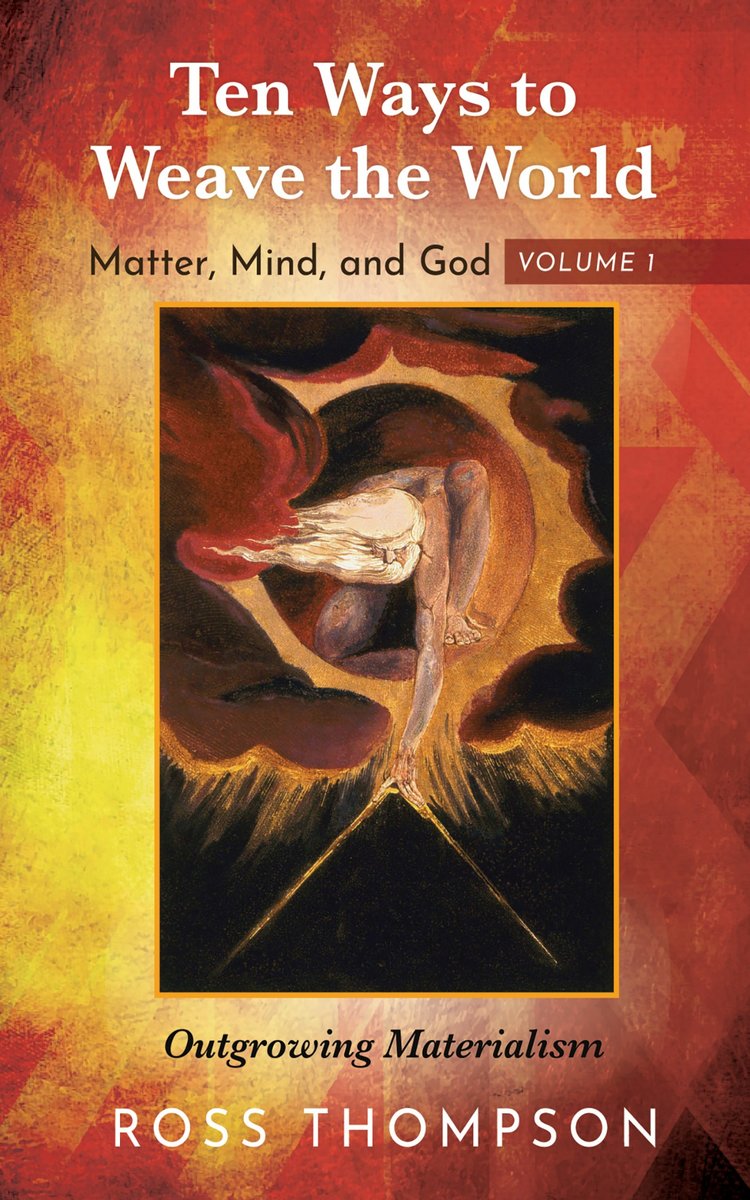The idea of an ideological war between science and religion, Thompson argues, is founded on a mistake. But this does not mean that there is nothing at stake. For behind the ill-conceived conflict lie complex issues about the nature of mind, consciousness, experience, subjectivity, quality, value, and the like, all of which need to be disentangled and assessed in their own right. Outgrowing Materialism leads the reader through a sequence of five "Worlds," each of which offers a distinct way of understanding (or failing to understand) these issues, and where God might belong (or not). Writing accessibly, but with a sharp eye for detail, Thompson sheds new light on the familiar territory of materialism, dualism, and structural realism, and evaluates the growing attraction of the multiverse. He argues that dualism mechanized the material world; then materialism exorcised the mental "ghost" from the machine; and finally, this machine is evaporating into pure mathematics. Outgrowing Materialism is half of Ten Ways to Weave the World: Matter, Mind, and God. The sequel, Embodying Mind, discusses five "Worlds" that precede and follow those discussed here. However, Outgrowing Materialism stands in its own right as a critique of the modern science v. religion dilemma.


